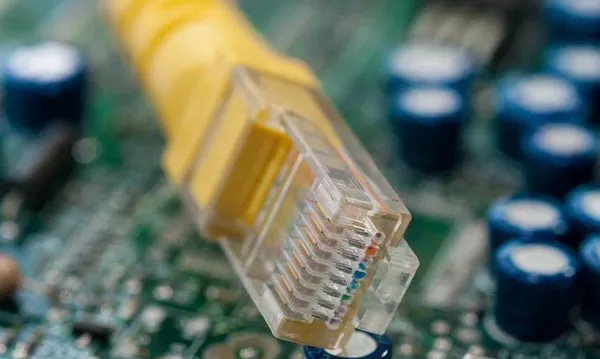In 2021/22 Wageningen University is organizing the 3rd International Challenge to sustainably grow vegetables in greenhouses via fully automated control with the use of AI by different international teams. This year's crop will be lettuce, and this time, it must be fully autonomous.
The first and second editions of the Autonomous Greenhouse Challenge have been carried out at Wageningen University & Research, The Netherlands, in 2018-2020. During these editions, it was shown that artificial intelligence can potentially be superior to human intelligence, and thus can potentially control indoor farming in the future. The goal of the third challenge will be fully autonomous control.

Hackathon – virtual lettuce production in virtual greenhouses Comparable to the first and second edition a selection process (24-hours Hackathon) will be organized. The aim of the 24-hours Hackathon event is to select up to 5 teams for the real Greenhouse Growing Experiment February-June 2022. Other aims are to connect participants from AI and horticulture and different cultural backgrounds, to exchange knowledge, and stimulate interaction. AI skills will be tested by producing a greenhouse lettuce crop virtually.
During the Hackathon, teams will grow a virtual lettuce crop in a virtual greenhouse using an advanced digital simulation environment provided by WUR. They are scored based on pre-defined criteria (e.g. goal could be maximum net profit). Next to that, teams will have to present themselves and pitch their AI approach in front of an international jury, which will consist of international experts well-known in horticulture and AI. Teams will have to develop their own AI to fulfill the goal of the Hackathon and for evaluation by the jury. The 5 teams with the highest scores will win access to the Greenhouse Growing Experiment.
Greenhouse Growing experiment – fully autonomous lettuce production
From February to June 2022, five international teams will receive a greenhouse compartment from Wageningen University & Research at the Bleiswijk research location. Teams must grow a fully autonomous lettuce crop reaching high yield and quality and with sustainable use of resources such as energy and water. They must do that during two crop cycles using their own artificial intelligence algorithms. The announcement of the final winning team will take place in summer 2022.
Participating teams
17 teams from all over the world have registered, but the experiments in the greenhouses are only open for the 5 best teams. To select the top five teams, a pre-selection takes place on 4 & 5 November in a Hackathon format.
The event involves a total of 140 participants of18 nationalities, from the horticultural industry, start-up companies, or larger companies, and a large number of BSc, MSc, and Ph.D. students and researchers from different universities. There are teams from Russia, from China, from Korea, but also many participants from the U.S. during this year's edition. European teams are mainly from The Netherlands, Belgium, and Germany, including well-known companies like Heineken, Ridder BASF etc.
The U.S.-based team 'Koala' already won a wild card for a greenhouse compartment during the Online Challenge in summer. The team captain of team 'Koala' is Kenneth Tran, who also led the winning team 'Sonoma' in the first edition of the Autonomous Greenhouse Challenge in 2018, team members are from Cornell University and Koidra Inc.
Two public seminars will be broadcast live:
Thursday 4 November September, 9:00-10:30 CET, Opening seminar:
- Welcome by the organizers (Silke Hemming, WUR & David Wallerstein, CXO Tencent)
- Introduction of the event, organizers, and jury
- Introduction of rules, goal and simulation tool - virtual greenhouse lettuce production
- Introduction of teams with team videos
- Discussion panel with sponsors and jury (part I) incl. Q&A “The future of autonomous growing, market and sustainability aspects"
Friday 5 November, 14:00-15:30 CET, Winning seminar (public broadcasting):
- Summary of the event (intermediate results, pictures) by organizers
- Discussion panel with sponsors (part II) incl. Q&A “Autonomous greenhouses, technology, and future challenges"
- Feedback all teams by jury members
- Announcement of 5 winning teams for growing challenge by the jury
- Next steps by organizers
Join the program online on Youtube.
 For more information:
For more information:
Wageningen University & Research
www.wur.nl
